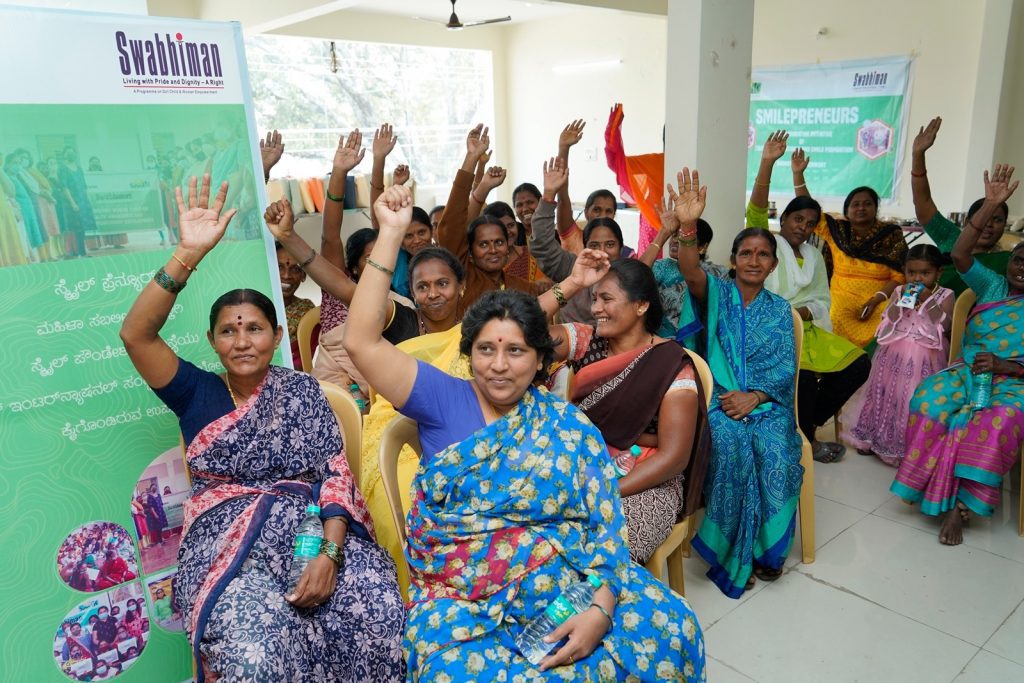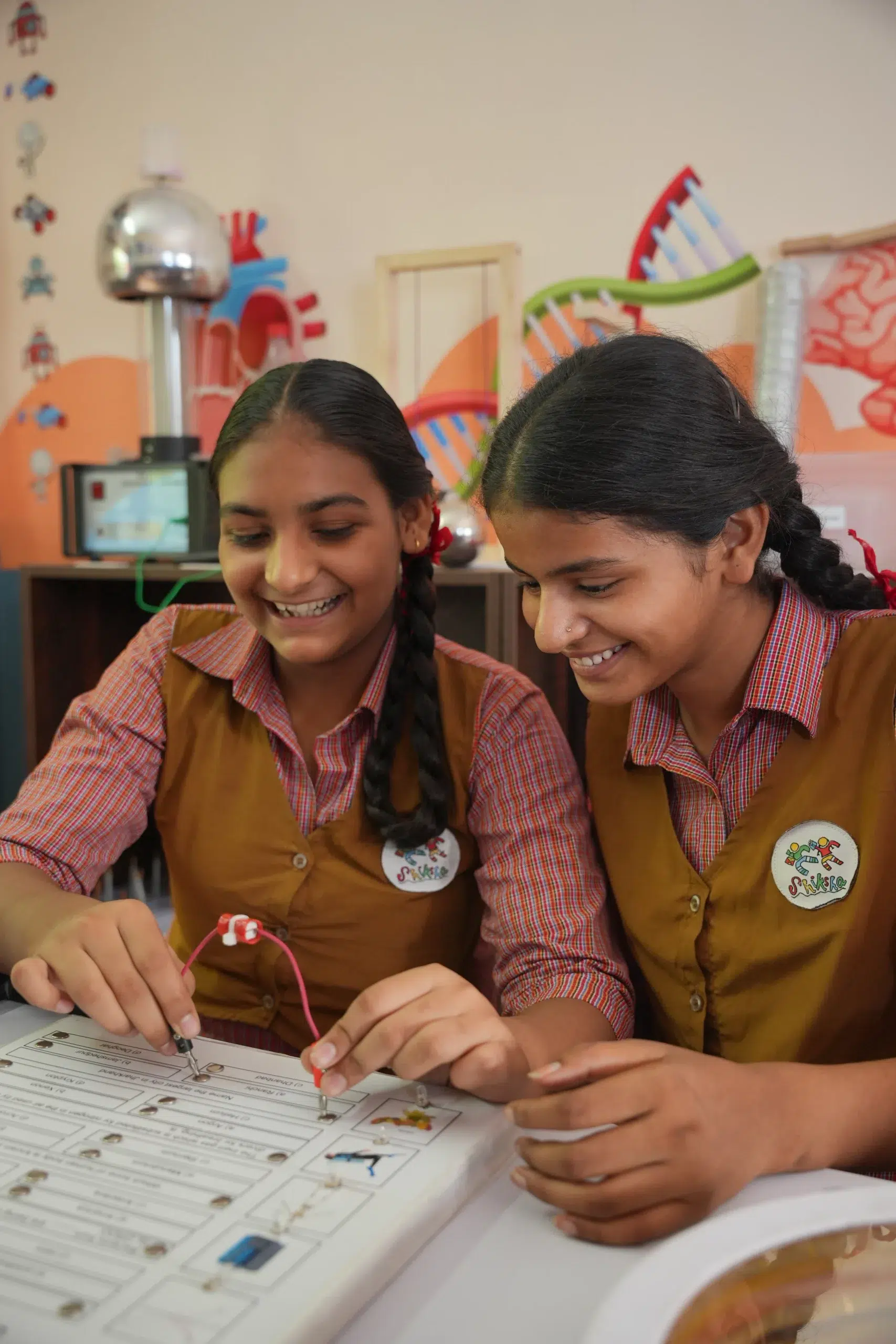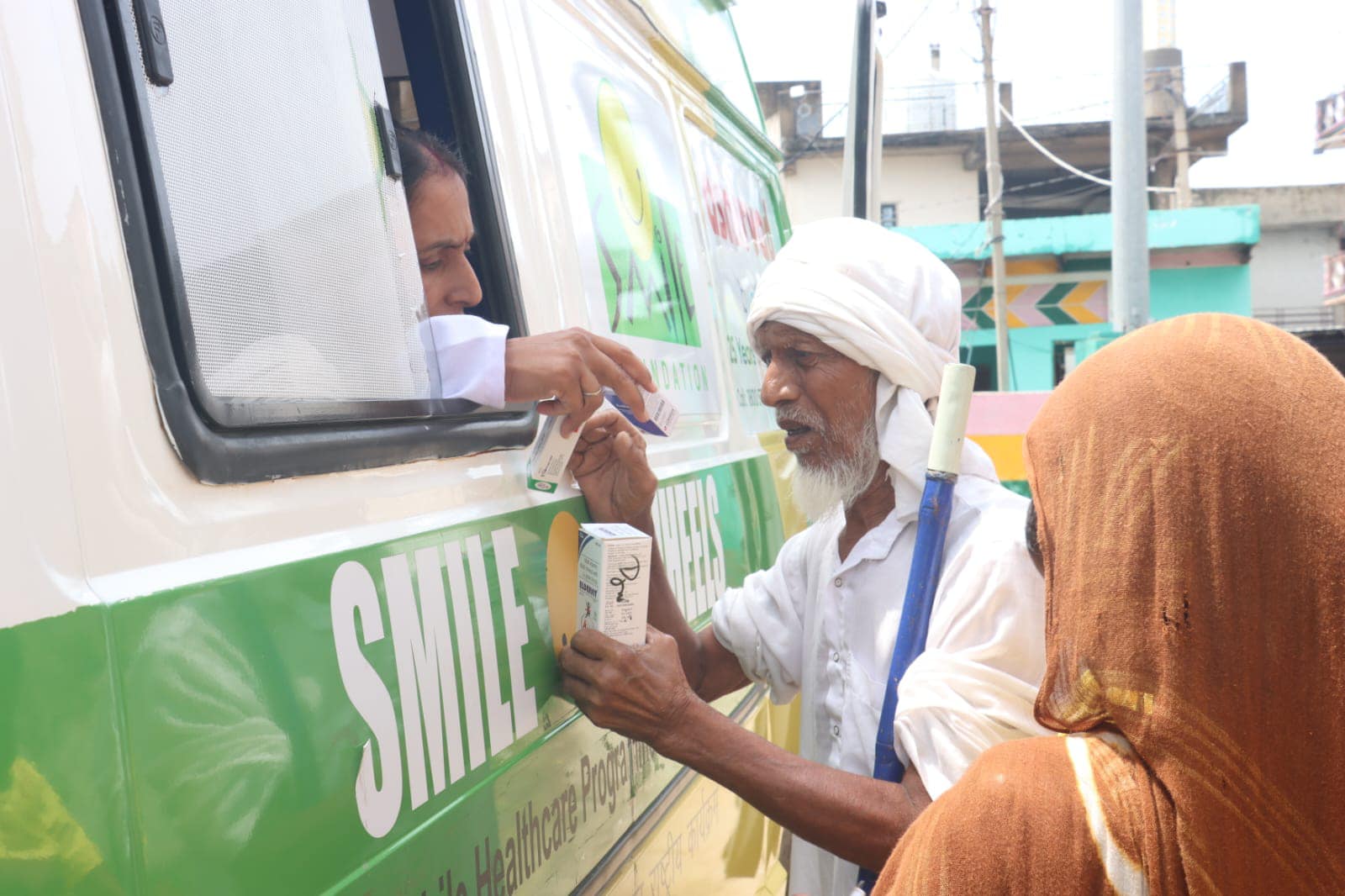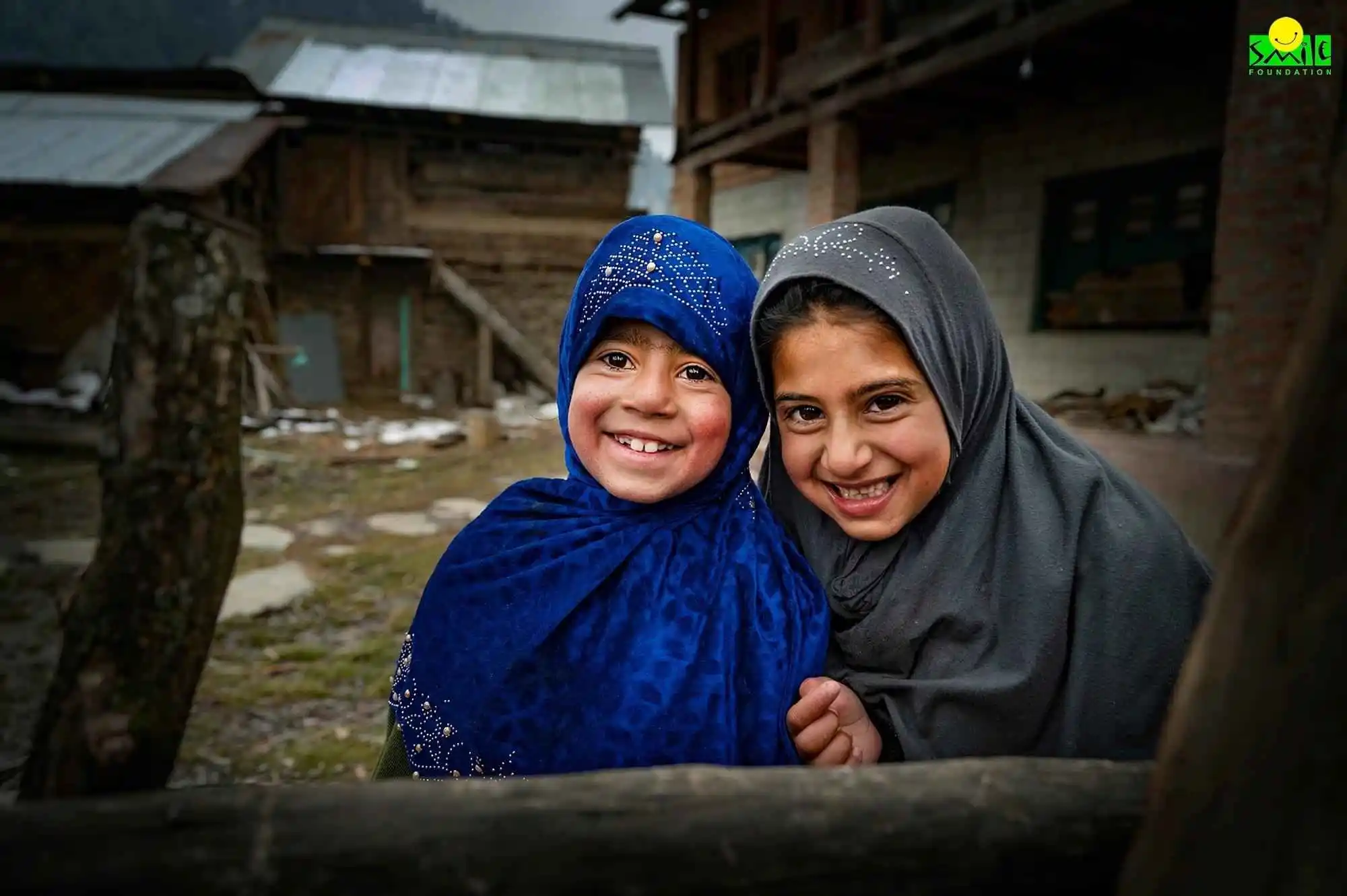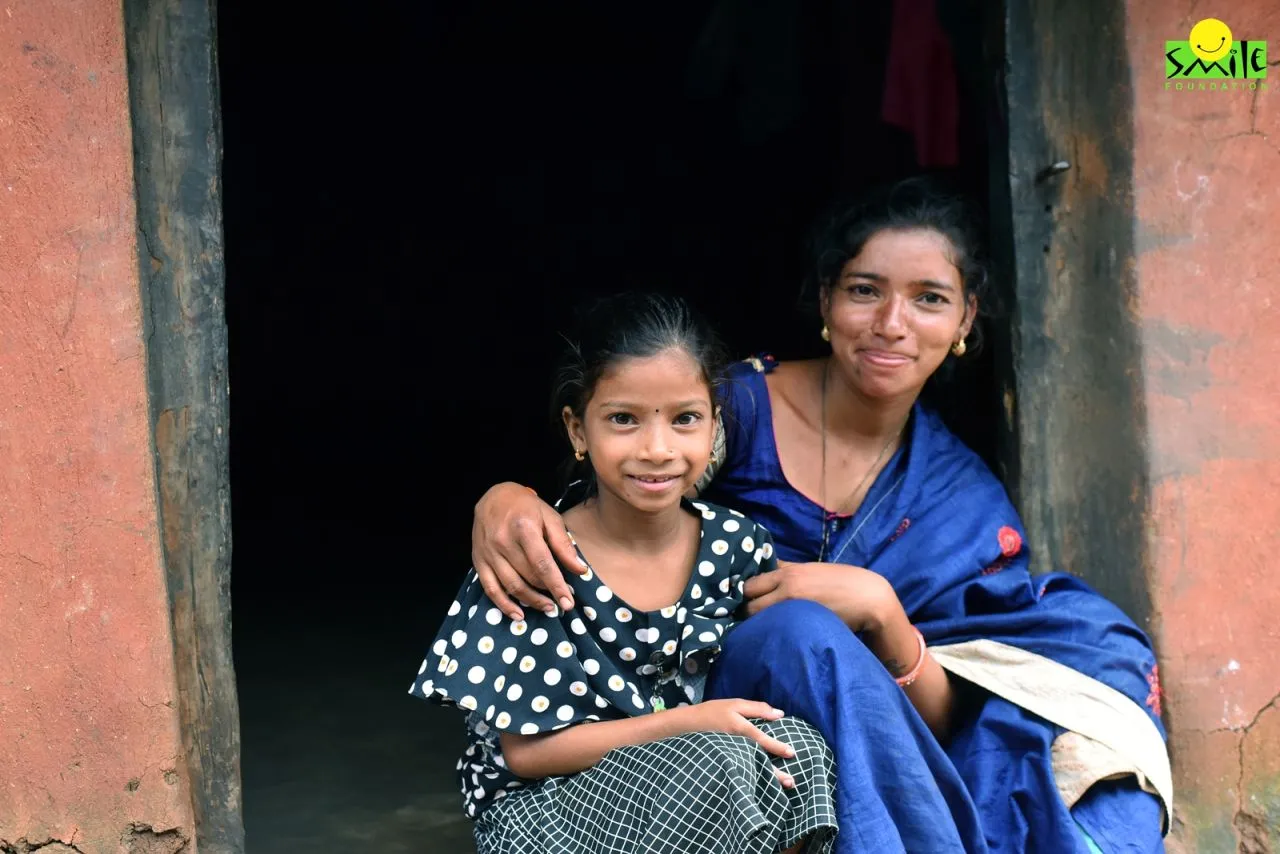The word “Equality” is derived from the Latin word “Aequus,” meaning fair and just. In today’s world, equal rights and treatment are recognised as fundamental rights, protected by law and embedded in social consciousness. However, when we delve deeper, it becomes clear that true equality remains elusive for many. In India, despite outward appearances, inequality still exists, especially for low-income families.
To ensure that equality becomes a lived reality for all, we must implement transformative measures. Since the advent of CSR in India, gender equality initiatives have gained vital support, helping many from disadvantaged communities break free from societal limitations and move toward empowerment.
CSR in India- Bridging Gaps
Corporate Social Responsibility (CSR) has emerged as a pivotal institution globally, acting as a bridge between those who have access to a dignified life and those who do not. In India, CSR is governed by Section 135 of the Companies Act, 2013, Schedule VII, and the Companies (CSR Policy) Rules, 2014. These frameworks outline eligibility, implementation and reporting requirements for CSR activities. India’s detailed CSR mechanism has positioned the country as a global leader, setting benchmarks in sustainability and working expeditiously on stakeholder activism for national development.
Women CSR Initiatives in India
The primary goal of Women CSR in India has always been clear: to address social challenges that impede national progress and create support mechanisms that promote equality, inclusivity and sustainability. Several noteworthy CSR initiatives in India, such as Project Nanhi Kali by Mahindra Group, Nand Ghar by the Anil Agarwal Foundation and Mansi by Tata Steel Foundation, have been instrumental in promoting gender equality, educational access and social empowerment for girls of families who are at the bottom of the economic progress pyramid.
Beyond Philanthropy with Smile
CSR represents a dynamic force that lives and breathes within our society. CSR initiatives aim to create a shared value ecosystem, empowering every individual to contribute to national progress, ensuring that no community is left behind. Collective growth, central to national development, relies on equal opportunities for all.
Smile Foundation’s initiatives in education, health, livelihood and women’s empowerment have been designed with equality at their core, ensuring that each community experiences simultaneous progress.
Each year, Smile Foundation impacts over 1.5 million children and families across 2,000 villages in 25 states through carefully tailored programmes that promote gender equality alongside education, healthcare and livelihood support. Our initiatives focus on empowering both women and men, ensuring equal opportunities for all, especially in underserved communities where such opportunities are often scarce.
Education For All
Through our flagship programme, Mission Education, aligned with the National Education Policy, we prioritise access to quality education for all children, regardless of gender. By focusing on foundational language skills, numeracy (FLN) and STEAM subjects, we help children — particularly girls — build the skills needed for a successful future. This initiative aims to break barriers limiting access of girls to education, empowering them with the tools that enable them to continue their education beyond school classrooms.
Equal Access to Healthcare
Smile On Wheels (SOWs), our mobile healthcare units, go beyond basic medical care, ensuring that essential health services reach both women and men in remote areas. By offering outpatient care, diagnostic tests and free medications, we address gender disparities in healthcare access, particularly for women, who often face greater challenges in obtaining care. Our Swabhiman programme, which focuses on women’s health, tackles critical issues such as maternal, menstrual and neonatal care, raising awareness about these crucial health needs. By promoting hygiene practices and health management, Swabhiman empowers women to take control of their health, ultimately improving their quality of life and enabling them to contribute more actively to their communities.
Equal Economic Empowerment
To address gender inequality in the workforce, Smile Foundation’s vocational training programmes, such as STeP and Swabhiman, specifically focus on empowering women and youth through skills development. These programmes enhance employability and foster entrepreneurship, ensuring that young girls and women, especially from vulnerable communities, gain economic independence.
Smile, Women CSR in India & Gender Equality
At Smile Foundation, gender equality is woven into the fabric of our initiatives, ensuring that every programme — whether it’s in education, healthcare or livelihoods — contributes to closing the gender gap. Our efforts are about providing resources and also creating a fair, inclusive ecosystem where both women and men are given the tools they need to thrive equally.
While we have made meaningful progress, we recognise there is still much work to be done in empowering both young boys and girls with a strong foundation rooted in equality. Our goal is to nurture a generation where gender equality is deeply embedded in the collective consciousness of India.
For years, our corporate partners have been instrumental in driving this mission, especially in empowering socio-economically disadvantaged women. Through our collaboration, we have worked to provide women with access to education, healthcare and livelihood opportunities, helping them achieve parity with their male counterparts. Equally crucial, we have focused on sensitising male communities to recognise the central role of women in society, encouraging a shared understanding that empowering women ultimately strengthens the entire community.
With a shared commitment to advancing the goals set forth by our government for a stronger nation, we believe that Corporate-NGO initiatives act as a powerful force for real change in society. If your CSR partnerships are focused on promoting gender equality and fostering a more inclusive society, we invite you to join us on this impactful journey.
Let’s do some meaningful, impactful for building a future where we get closer to the nation’s dream of more resources for all.



